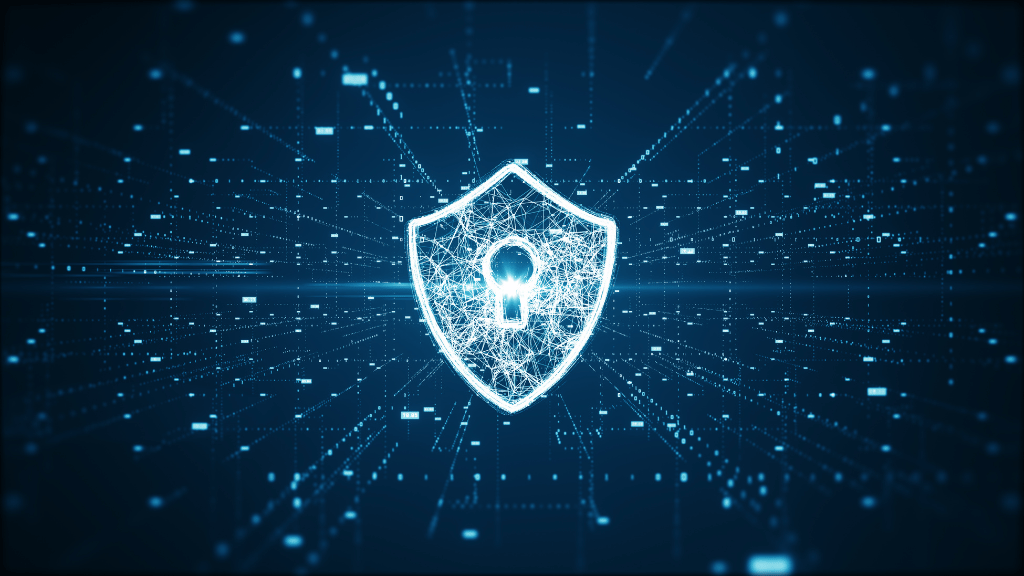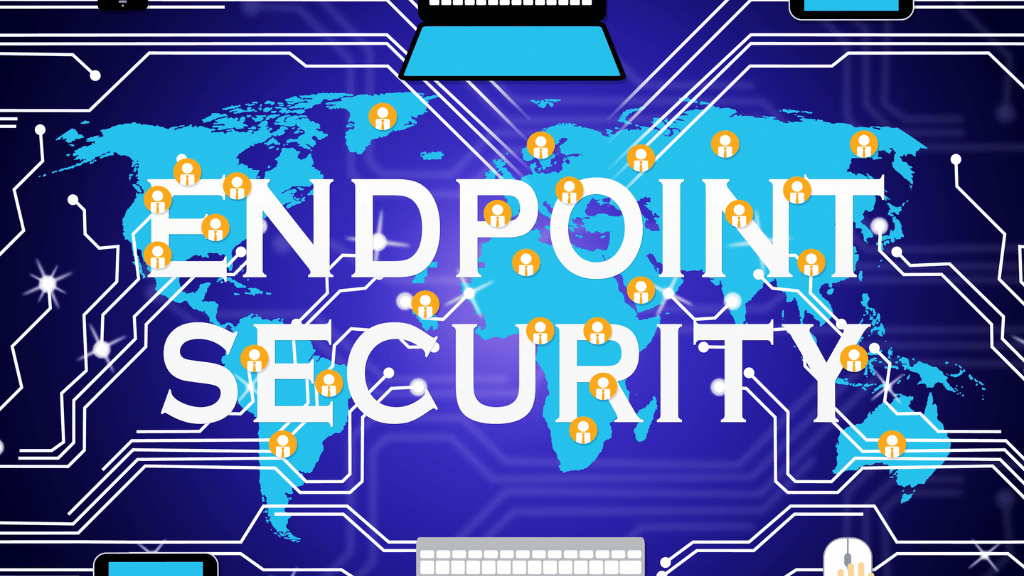Cryptocurrencies have revolutionized the financial landscape, offering unparalleled opportunities for secure transactions. However, the growing popularity of cryptocurrencies has attracted malicious actors seeking to exploit vulnerabilities and steal valuable digital assets. We will explore the significance of endpoint management in securing cryptocurrencies and provide actionable insights for crypto enthusiasts.
Endpoint management refers to centrally managing and securing devices connected to a network, such as computers, laptops, mobile phones, and tablets. It involves the implementation of policies, security measures, and software tools to ensure device compliance, protection against threats, and efficient asset management.
Endpoint Security and Crypto Protection

The crypto industry faces diverse threats, including malware, ransomware, phishing attacks, and social engineering. These threats can compromise endpoints and lead to the loss of private keys, wallet credentials, and sensitive user information. Endpoint management becomes crucial in combating these risks and minimizing the attack surface.
- Regular software updates and patching are essential for endpoint security.
- Attackers can exploit unpatched operating systems or application vulnerabilities to gain unauthorized device access and compromise crypto assets.
- Endpoint management solutions enable automated patch deployment and vulnerability assessment, reducing the risk of crypto-related security breaches.
Effective endpoint management ensures robust access control mechanisms like multi-factor authentication and privilege management. Implementing robust authentication protocols minimizes the chances of unauthorized access to crypto wallets or exchanges, protecting users from potential fraud or theft.
Endpoints often store sensitive crypto-related data, such as private keys or digital wallets. Endpoint management strategies should include encryption protocols to safeguard this data at rest and in transit. Encryption ensures the attacker cannot decipher the encrypted information even if an endpoint is compromised.
Best Practices for Endpoint Management in Crypto Security

Maintaining an up-to-date inventory of devices used for crypto-related activities helps identify potential security gaps and vulnerabilities. Endpoint management solutions can assist in asset tracking, ensuring all devices adhere to security policies and are protected against potential risks.
- Implementing a standardized configuration for crypto-related devices ensures consistent security measures and minimizes the risk of misconfigurations.
- Endpoint management tools can enforce security policies, control application installation, and restrict access to unauthorized resources, reducing the attack surface for potential crypto threats.
- Continuous monitoring of endpoint activities helps detect suspicious behaviors or potential security incidents promptly.
- Endpoint management solutions with advanced monitoring and threat detection capabilities enable real-time alerts and proactive responses to mitigate crypto-related risks effectively.
Human error remains one of the significant factors contributing to crypto security breaches. Educating employees about best practices, recognizing phishing attempts, and adopting robust password management techniques are essential for overall endpoint security. Endpoint management should include employee training programs to enhance awareness and reduce the likelihood of successful attacks.
Future Trends in Endpoint Management and Crypto Security

AI and ML technologies are integrated into endpoint management systems to enhance threat detection and response capabilities. These technologies can identify abnormal behaviors, predict potential threats, and automate incident response, bolstering the security posture of crypto-related endpoints.
Blockchain technology’s decentralized and immutable nature offers opportunities for enhancing endpoint security. Blockchain-based endpoint management solutions can provide tamper-proof logs, secure identity management, and decentralized access control, making it harder for attackers to compromise crypto-related endpoints. Zero Trust Architecture (ZTA) emphasizes verifying every user, device, and network connection, regardless of location or trust level.
Case Studies: Endpoint Management in Crypto Security
To further emphasize the importance of endpoint management in crypto security, let’s examine a few real-world case studies that highlight the significance of implementing robust endpoint security measures.
a. Mt. Gox Hack
The Mt. Gox hack in 2014 resulted in the loss of 850,000 Bitcoins, worth billions of dollars. The hack was primarily attributed to poor endpoint security practices, including outdated software, unpatched vulnerabilities, and lax access controls. This incident underscores the critical role of effective endpoint management in securing crypto assets and preventing large-scale breaches.
b. Crypto jacking Attacks
In recent years, there has been a significant rise in crypto-jacking attacks, where attackers compromise endpoints to mine cryptocurrencies without the users’ consent. Endpoint management solutions incorporating robust threat detection mechanisms can help identify and mitigate such attacks, preventing unauthorized utilization of computing resources and protecting endpoints’ overall performance and security.
c. SIM Swapping Attacks
This attack method has been used to gain unauthorized access to crypto wallets and exchange accounts like the Tesler app. Endpoint management strategies that emphasize multi-factor authentication and robust identity verification mechanisms can help mitigate the risk of SIM swapping attacks by adding an extra layer of security and ensuring that only authorized devices can access sensitive crypto-related resources.
The Future of Endpoint Management and Crypto Security

Endpoint management solutions must stay updated and adapt to these new standards. Behavioral analytics, powered by AI and ML algorithms, can provide advanced insights into endpoint activities, enabling the detection of suspicious behaviors and anomalies. As cyber threats become more sophisticated, incorporating behavioral analytics into endpoint management solutions can enhance the ability to identify and mitigate emerging threats specific to the crypto landscape.
- Privacy is a fundamental concern in the crypto world, and endpoint management solutions need to address this aspect effectively.
- Privacy-enhancing technologies, such as zero-knowledge proofs, secure multiparty computation, and decentralized identity management, can offer enhanced privacy protections for crypto users.
- Endpoint management systems should incorporate these technologies to ensure crypto-related transactions, data confidentiality, and integrity.
Regulatory Compliance and Endpoint Management in Crypto

Regulatory compliance is vital to the crypto industry, as governments and regulatory bodies strive to establish guidelines and frameworks to ensure transparency, security, and consumer protection. Endpoint management solutions can aid in enforcing KYC and AML protocols by verifying the identity of users, monitoring transactions, and flagging suspicious activities. Organizations can demonstrate their commitment to regulatory requirements by integrating endpoint management with compliance processes.
- Endpoint management strategies should incorporate measures to protect sensitive user information and ensure compliance with applicable data protection laws.
- Implementing robust encryption, access controls, and data minimization techniques can help organizations meet their obligations while safeguarding user privacy.
- Regulatory frameworks often require organizations to have incident response plans to address security breaches and promptly report any incidents.
- Endpoint management solutions that enable real-time monitoring, threat detection, and incident response capabilities can help organizations comply with these reporting requirements.
Collaborative Endpoint Management for Crypto Exchanges

Crypto exchanges are prime targets for attackers due to their large volumes of digital assets. Collaborative endpoint management, where exchanges work together to share threat intelligence and implement standardized security measures, can help enhance the overall security of the crypto ecosystem.
The Human Element: Educating Crypto Users
While robust endpoint management solutions are essential for crypto security, educating and empowering crypto users to make informed security decisions is equally important. End-user education programs should focus on topics such as recognizing phishing attempts, secure password management, and keeping software and devices up to date. Endpoint management efforts can be complemented by fostering a security-conscious user community, leading to a more robust overall security posture in crypto.
Conclusion
From patch management and access controls to encryption and behavioral analytics, endpoint management strategies should encompass a wide range of security measures explicitly tailored to the unique challenges of the crypto landscape. By staying proactive, embracing emerging technologies, and fostering a culture of security awareness, the crypto community can confidently navigate the evolving threat landscape while safeguarding its valuable digital assets.




